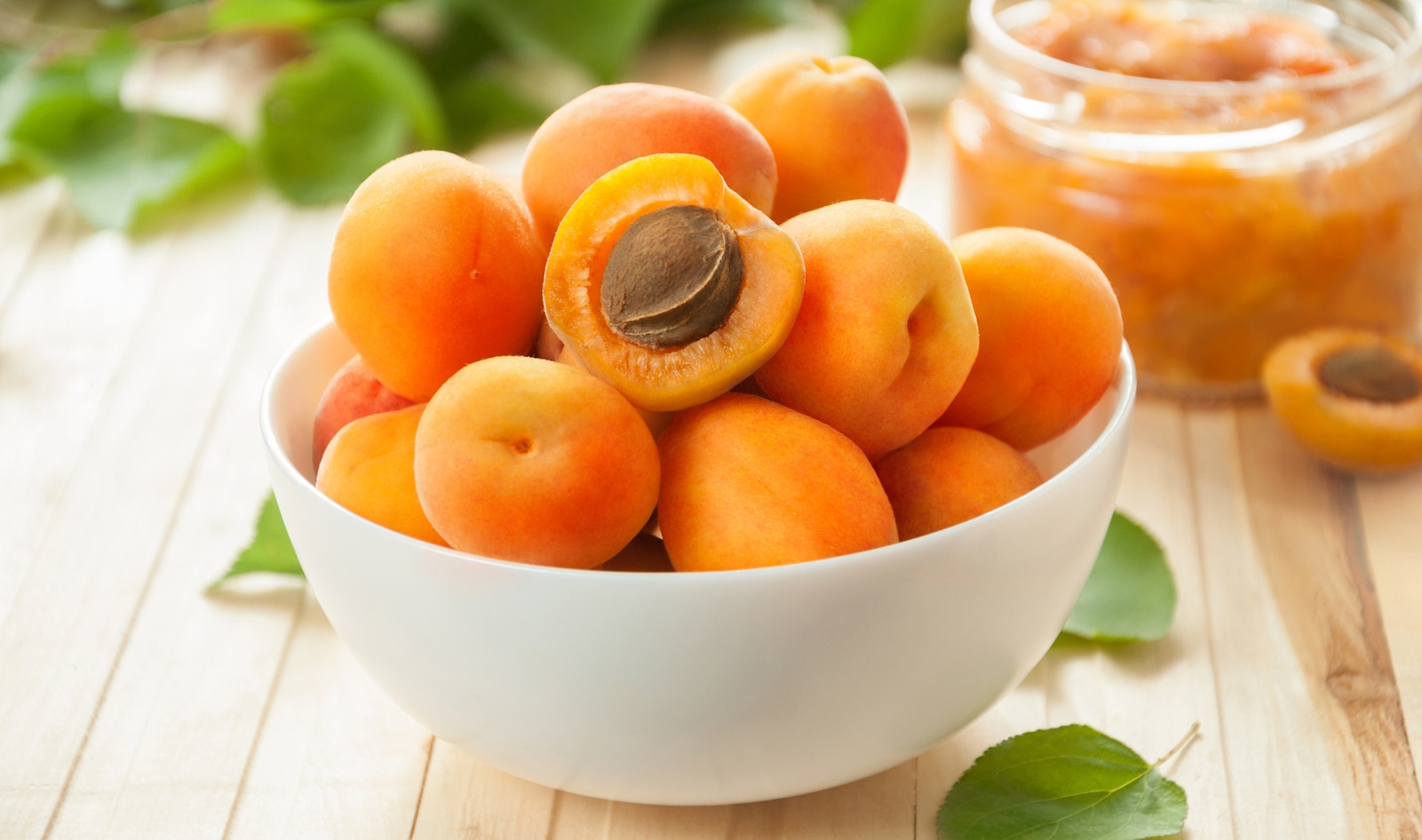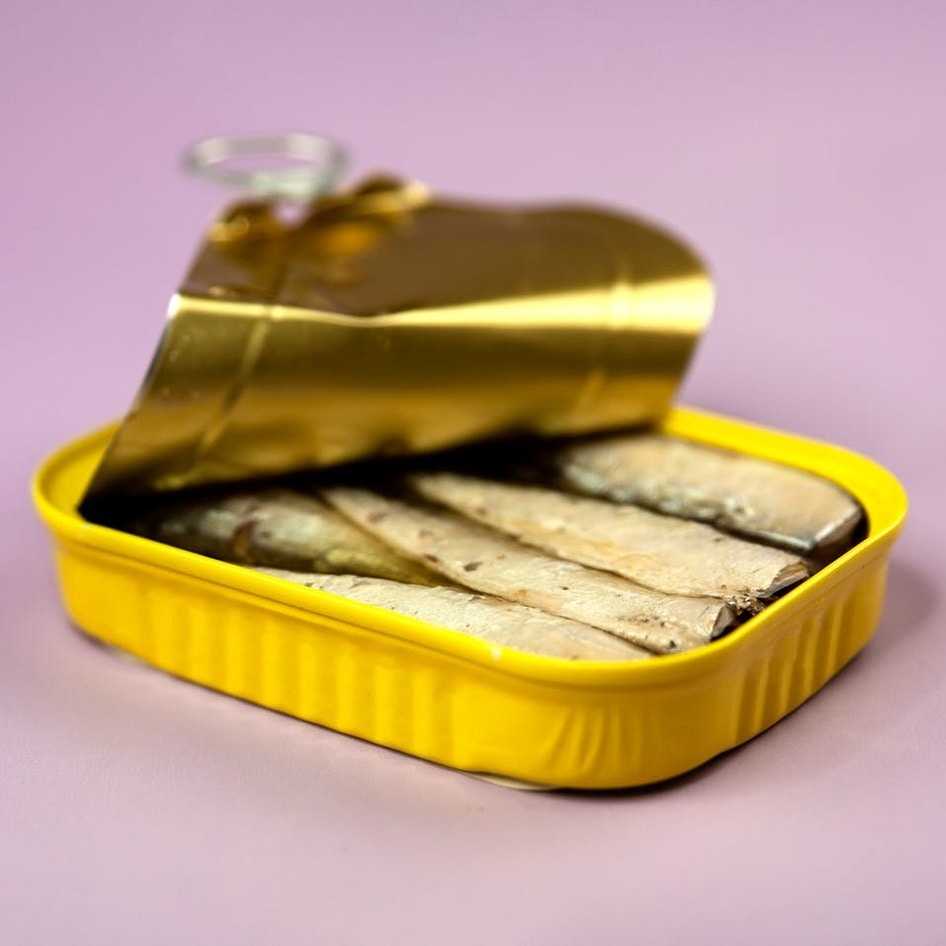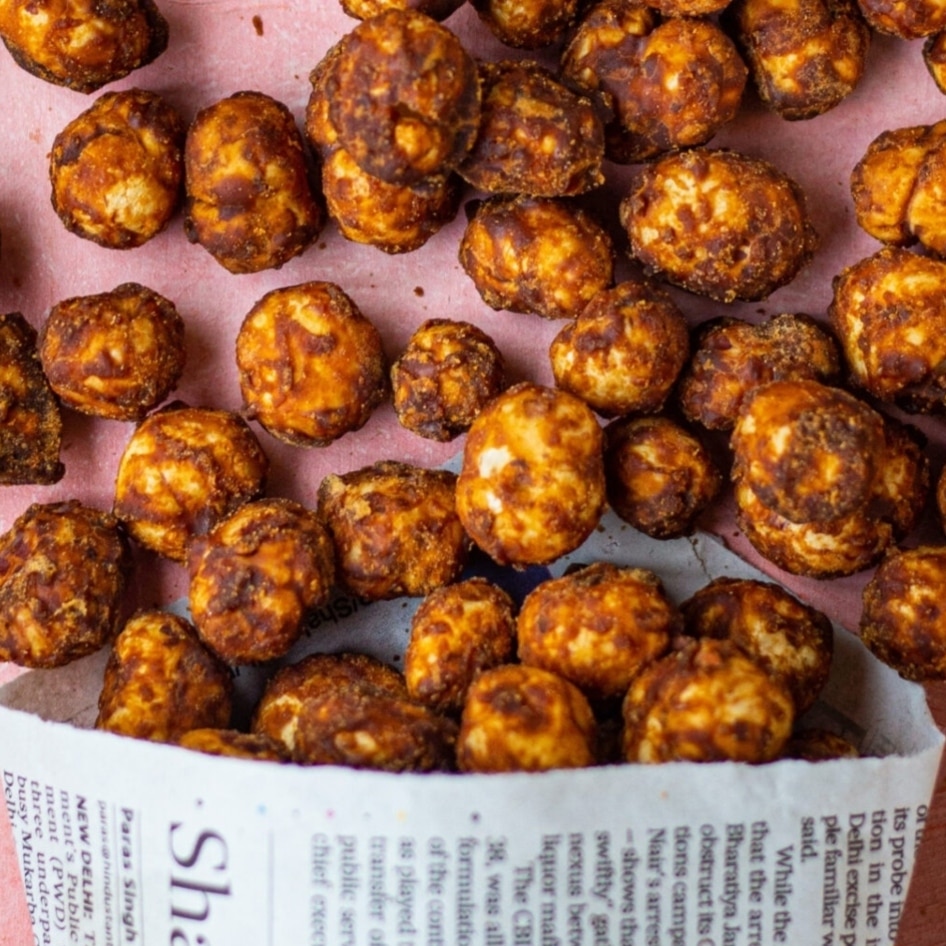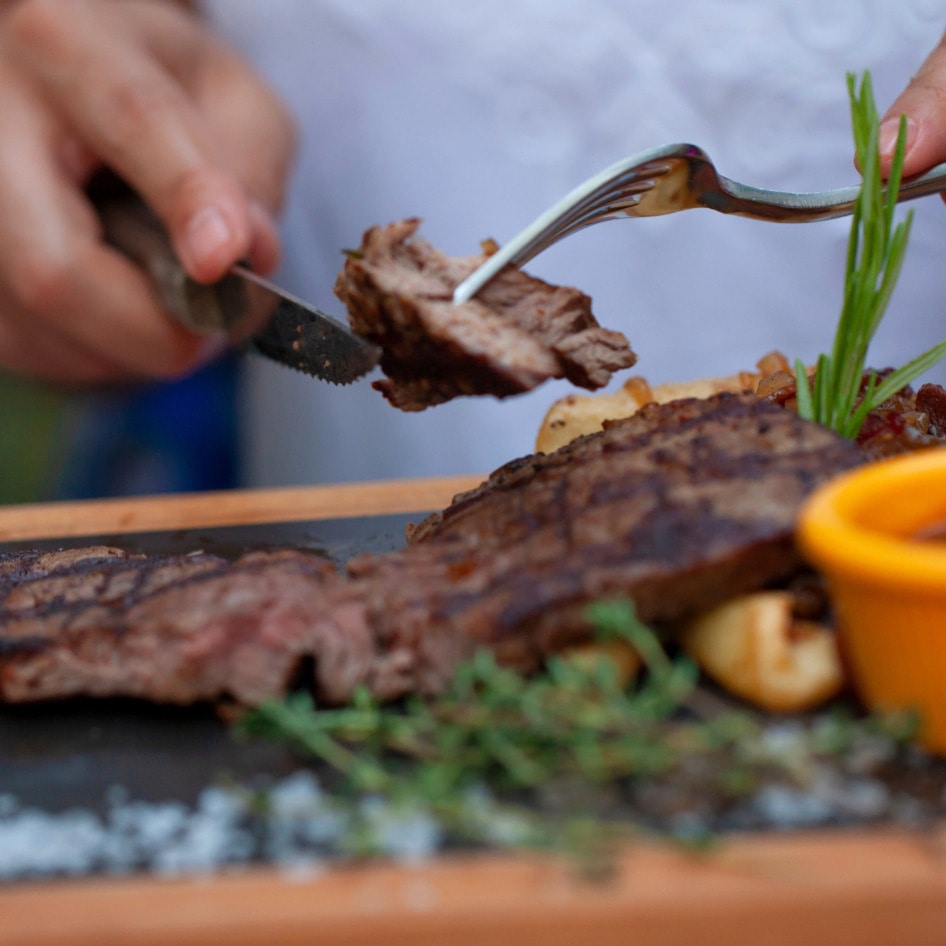Earlier this year, dairy company Bauer launched a brand new range of yogurts, puddings, and milks. But unlike the rest of its portfolio, the new line, called Zum Glück!, was made with vegan ingredients—upcycled apricot kernels, to be more specific. And it’s unlikely to be the only brand to use apricot kernels in this way. Last year, Kern Tec—the Austrian brand that developed the technology used by Bauer to create its new line—raised €12 million to keep scaling up.
But as they make their way into the mainstream, it’s important to note that when it comes to apricot kernels: caution is essential. And that’s because they can release cyanide when consumed. Yep, the highly toxic chemical compound that can lead to poisoning if consumed in excess, that cyanide. But don’t worry, picking up a vegan yogurt isn’t going to send you racing for an antidote anytime soon. However, you might need to be more than a little bit careful when it comes to consuming raw apricot kernels. We’ve got the lowdown below.
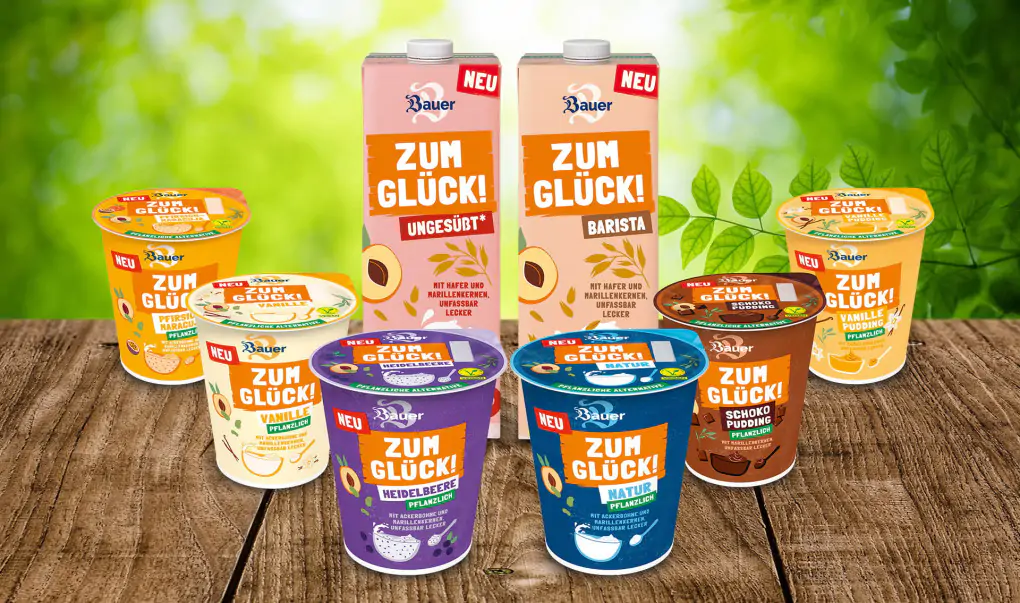 Zum Glück!
Zum Glück!
Can you safely eat apricot kernels?
To be clear, apricot kernels don’t actually contain cyanide. Like many other fruit seeds, including apple seeds, cherry pits, and peach pits, they contain amygdalin, which is a cyanogenic glycoside that is converted to cyanide within the body. This means that raw apricot kernels are not safe to eat in excess.
“The estimated maximum quantity of apricot kernels should not exceed one small kernel in toddlers and should not exceed three small kernels in adults,” explains Kiran Campbell, RDN, to VegNews. “Overall, apricot kernels should not be deemed as safe to consume on a regular basis.”
However, there are some exceptions to this rule. Stephanie Wells, MS, RD, ACSM-CPT, agrees that bitter apricot kernels should not be consumed, but notes that sweet apricot kernels contain 10 times less amygdalin than bitter kernels. With that in mind, products made with sweet apricot kernels, are likely “safe when consumed in recommended serving sizes,” she notes.
According to Kern Tec, its technology separates apricot seeds from their skin, and this process reduces the hydrogen cyanide content, which means that the seeds can then be safely used in consumer products, like Bauer’s Zum Glück! range. Wells agrees that processing likely makes apricot kernels safer for consumption.
“Products made with processed bitter apricot kernels that have been soaked, boiled, and de-skinned to reduce their amygdalin content may be safe, but the final amygdalin content will need to be analyzed to know for sure.”—Stephanie Wells, MS, RD, ACSM-CPT
Why are brands using apricot kernels?
Given the risk of cyanide poisoning, why are brands using apricot kernels anyway? There are a few reasons, with reducing waste being a primary one.
Every year, up to half of all fruits and vegetables are wasted. Instead of being consumed, they rot in the field, or ends up in the landfill, where it contributes significantly to greenhouse gas emissions. In fact, research suggests that food waste is responsible for around six percent of total global greenhouse gas emissions.
Food is wasted for various reasons, but fruit seeds are typically discarded due to their amygdalin content. This is why Kern Tec developed a first-of-its-kind technology to reduce amygdalin content without damaging the rest of the seed.
The company started with pressed oils, before turning its attention to dairy-free products. In 2021, it described its technology as a “plug-and-play” solution for brands looking to use upcycled seeds in their content, without the cyanide risk. “Our customers don’t need to develop something new,” co-founder Sebastian Jeschko told Food Navigator. “They just need to add water and bottle it.”
Bauer is among the first to adopt this technology, but many more brands are likely to follow as the demand for more sustainable, dairy-free, and healthier options grows.
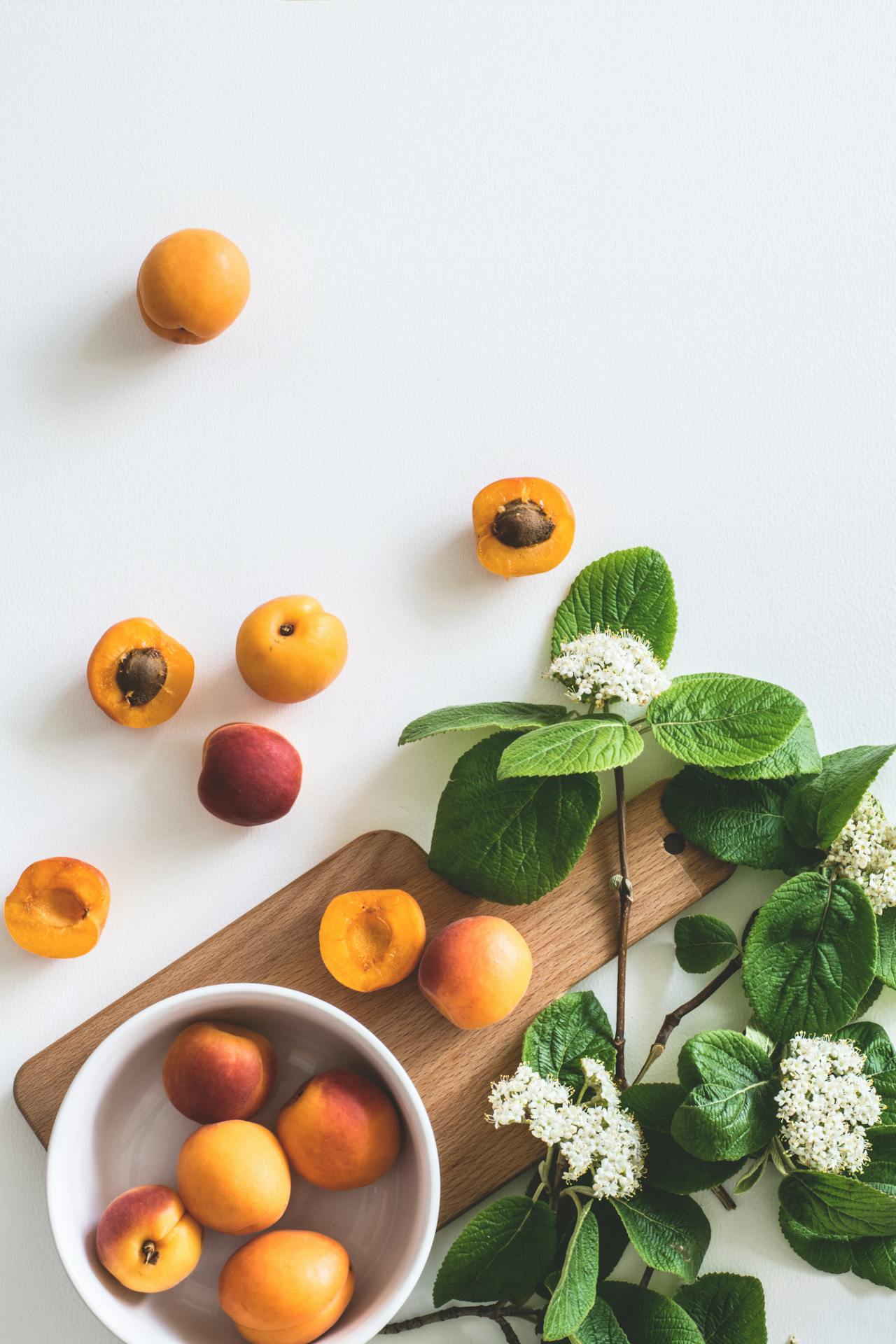 Pexels
Pexels
Are apricot kernels healthy?
In addition to being more sustainable, upcycled apricot kernels are nutritious (amygdalin aside, of course). “Apricot kernels are rich in plant-based protein and heart-healthy unsaturated fats, and they’re a particularly good source of vitamin E, a powerful antioxidant,” says Wells. Campbell adds that they are a source of “protein, vitamins, minerals, unsaturated fatty acids, phenolic acids, and flavonoids.”
Some have even claimed that apricot kernels may help cancer patients, suggesting that the cyanide produced in the body could destroy cancer cells. However, this theory is not proven and is incredibly dangerous. Cyanide poisoning can be fatal. “There is not enough evidence to safely say that the ingestion of apricot kernels benefits cancer patients or reduces the rate of cell death,” explains Campbell. “While benefits have been reported, the serious risks (including toxicity and death) must also be considered.”
Healthline is more frank in its warning: “Despite anecdotal claims, there has been no verified research linking apricot seeds with cancer treatment success. Don’t be fooled by phony cancer treatments,” it states.
If you want to reap the benefits of apricot kernels, the bottom line is: don’t mess with the raw seeds. Instead, you’re much better off looking for a safe product on the market, like those made with Kern Tec’s signature technology. For more on Zum Glück!, click here.
For more plant-based stories like this, read:
JUMP TO ... Latest News | Recipes | Guides | Health | Subscribe

